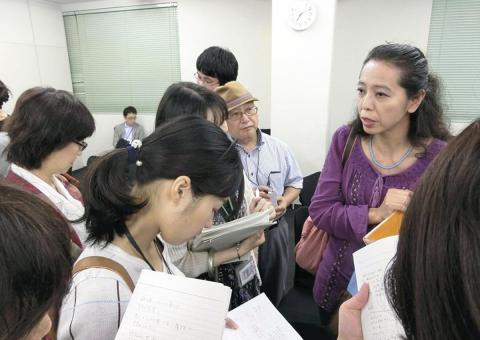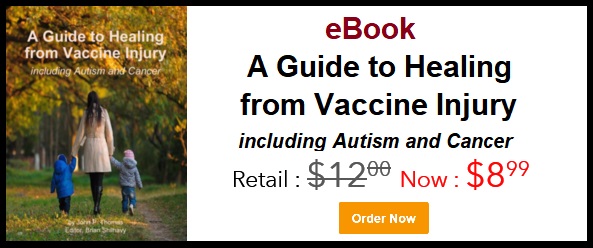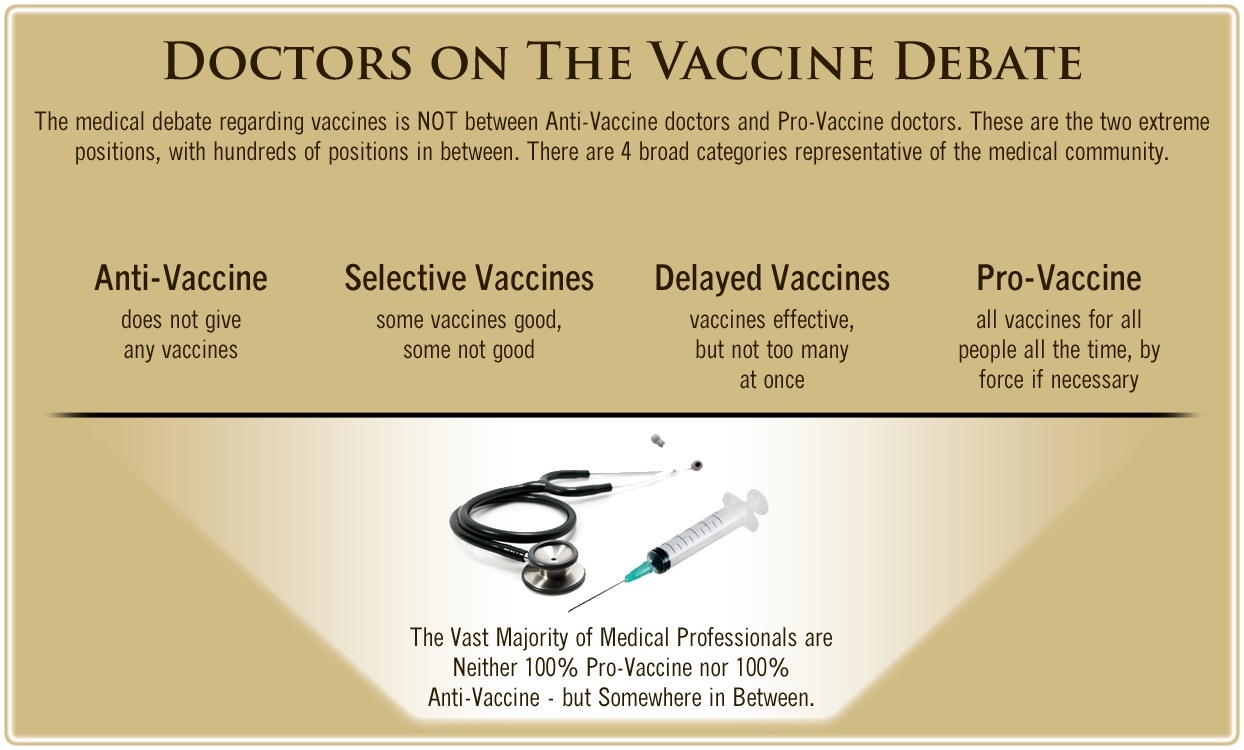Health Impact News Editor Comments
U.S. government officials and agencies have proven that they cannot be relied upon to give the public accurate information regarding vaccine safety and efficacy. With the National Vaccine Compensation Program implemented in 1986 to grant pharmaceutical companies total legal immunity allowing them to put as many vaccines into the market place without the threat of lawsuits if they harm or kill people, the incestuous relationship between Big Pharma and government agencies overseeing vaccines has become a huge conflict of interest.
See:
CDC’s Purchase of $4 Billion of Vaccines a Conflict of Interest in Overseeing Vaccine Safety
One of the most controversial vaccines world wide is the HPV cancer vaccine. Young girls are suffering tremendously, many of them experiencing premature menopause and with no hope of ever starting their own families. The official U.S. government response has been that there are no problems with this vaccine, and that it is totally safe.
Other countries are not obligated to continue promoting this propaganda, and there are many lawsuits currently in litigation in Europe. Japan is one government that has taken a more sane approach to the HPV vaccine, and is still investigating the harmful effects, while leaving it an optional vaccine that they do not officially endorse. In addition, they are exploring ways to help the victims who have suffered from the vaccine.
Cervical cancer vaccine reactions stand out in Japan
By Ryota Akatsu and Atsuko Kinoshita
Yourhealth.asiaone.com
Excerpts:
Responding to reports of severe symptoms following cervical cancer vaccinations, the Health, Labor and Welfare Ministry has checked on all recipients who experienced issues. It announced on Sept. 17 that 186 individuals had still not recovered.
Cervical cancer vaccines were incorporated into routine vaccination procedures under the Preventive Vaccination Law in April 2013, but reports of chronic body pain following vaccinations prompted the temporary suspension of vaccinations in June that year.
In August 2014, Norihisa Tamura, then health, labour and welfare minister, promised to assess the conditions of all patients who had reported problems, and a survey of 2,600 recipients was carried out.
Based on the findings of an investigative committee – chaired by Mariko Momoi, vice president of the International University of Health and Welfare – and commencing on the same day they were released, the ministry began urgently studying how to bring relief to patients suffering symptoms, and established a plan for a student support consultation network.
Read the full article at Yourhealth.asiaone.com.
Medical Doctors Opposed to Forced Vaccinations – Should Their Views be Silenced?
One of the biggest myths being propagated in the compliant mainstream media today is that doctors are either pro-vaccine or anti-vaccine, and that the anti-vaccine doctors are all “quacks.”
However, nothing could be further from the truth in the vaccine debate. Doctors are not unified at all on their positions regarding “the science” of vaccines, nor are they unified in the position of removing informed consent to a medical procedure like vaccines.
The two most extreme positions are those doctors who are 100% against vaccines and do not administer them at all, and those doctors that believe that ALL vaccines are safe and effective for ALL people, ALL the time, by force if necessary.
Very few doctors fall into either of these two extremist positions, and yet it is the extreme pro-vaccine position that is presented by the U.S. Government and mainstream media as being the dominant position of the medical field.
In between these two extreme views, however, is where the vast majority of doctors practicing today would probably categorize their position. Many doctors who consider themselves “pro-vaccine,” for example, do not believe that every single vaccine is appropriate for every single individual.
Many doctors recommend a “delayed” vaccine schedule for some patients, and not always the recommended one-size-fits-all CDC childhood schedule. Other doctors choose to recommend vaccines based on the actual science and merit of each vaccine, recommending some, while determining that others are not worth the risk for children, such as the suspect seasonal flu shot.
These doctors who do not hold extreme positions would be opposed to government-mandated vaccinations and the removal of all parental exemptions.
In this article, I am going to summarize the many doctors today who do not take the most extremist pro-vaccine position, which is probably not held by very many doctors at all, in spite of what the pharmaceutical industry, the federal government, and the mainstream media would like the public to believe.







Leave a Reply